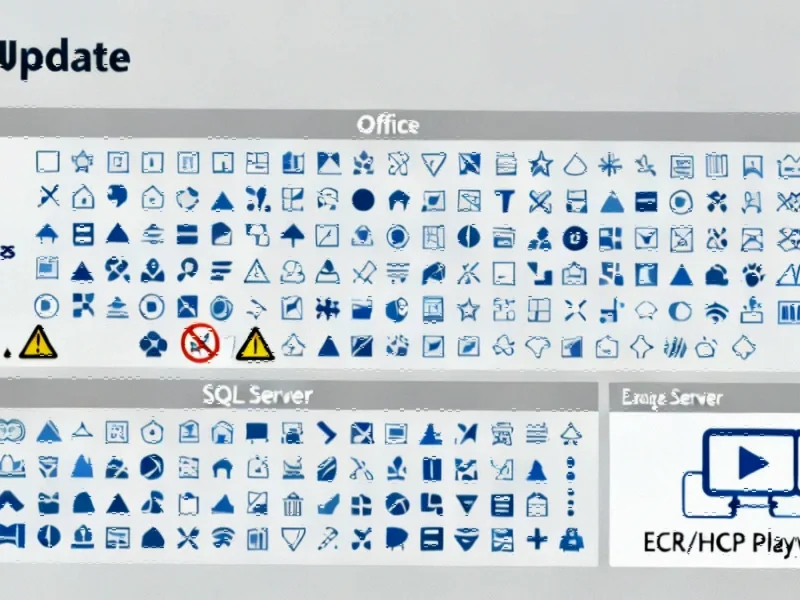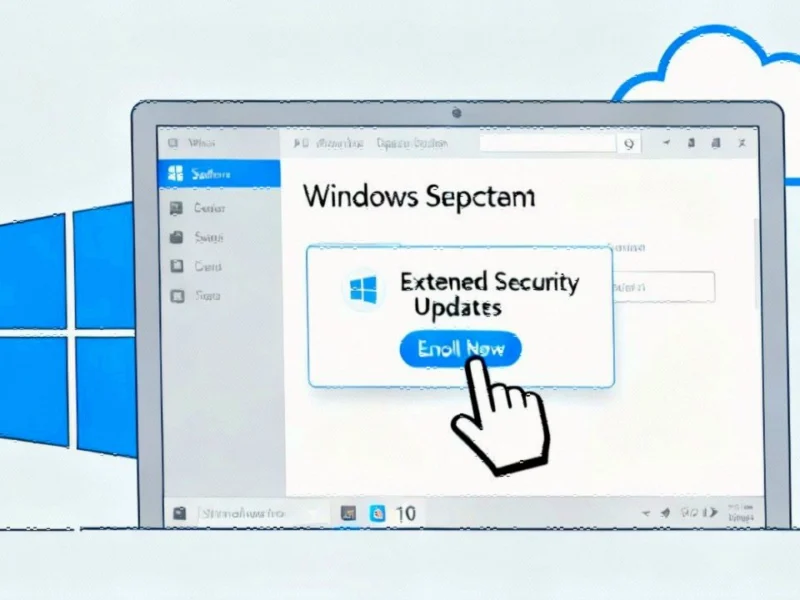Microsoft has officially ended support for Windows 10, leaving millions of devices without security updates. However, Microsoft Defender will continue providing antivirus protection while security intelligence updates continue through 2028. The company strongly recommends upgrading to Windows 11 for comprehensive security.
As of October 14, 2025, Microsoft has officially ended support for its widely-used Windows 10 operating system, marking a significant transition in the technology landscape. While this means the OS will no longer receive critical security patches or technical assistance, Microsoft has clarified that its built-in Microsoft Defender antivirus protection will continue functioning to help defend against malware and cyber threats. This creates a complex security environment where partial protection remains available, but comprehensive security requires upgrading to newer systems.
Understanding the Windows 10 Support Termination








